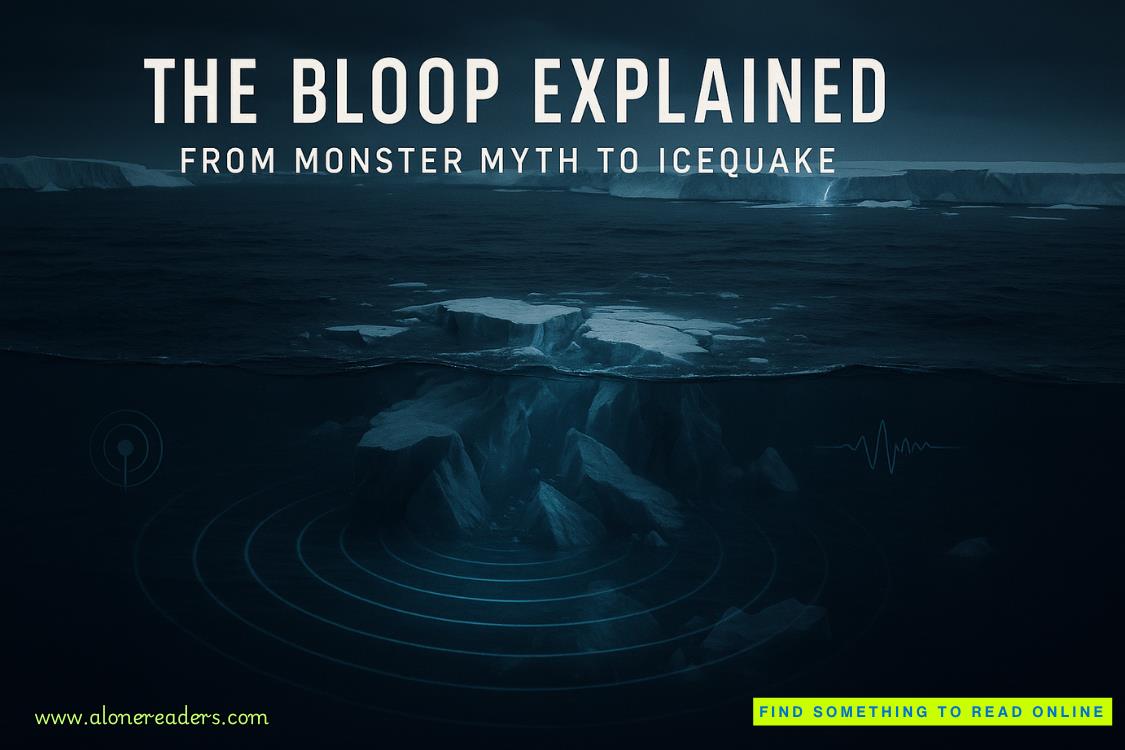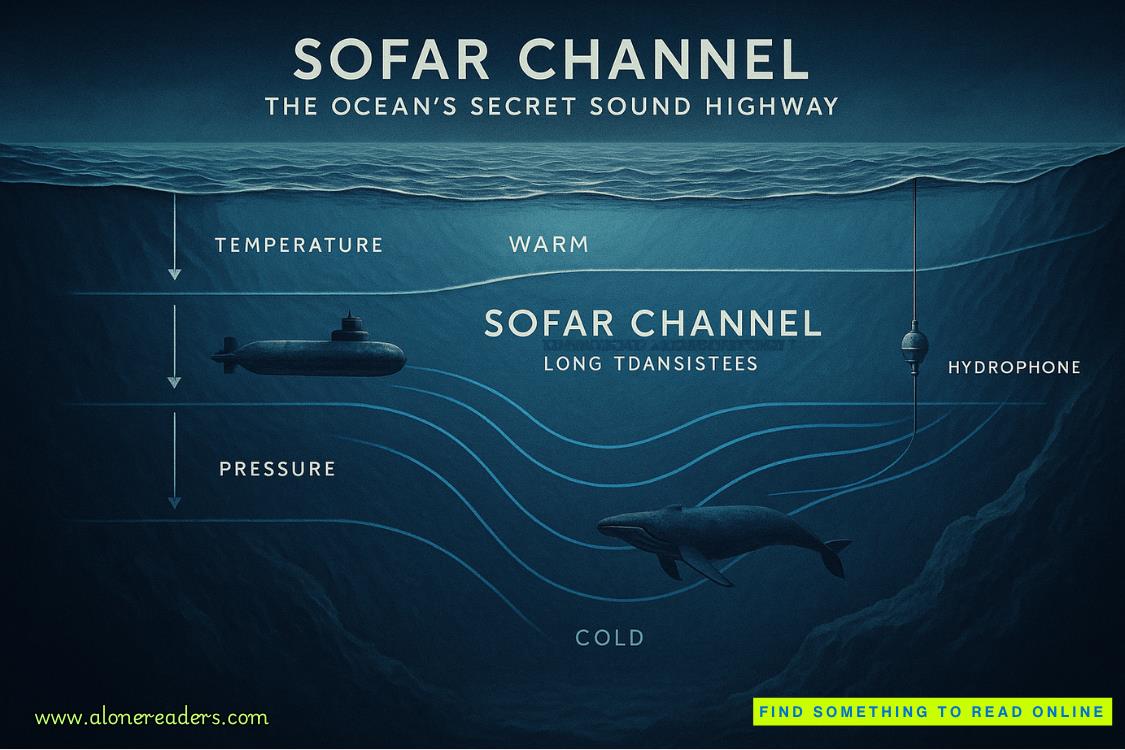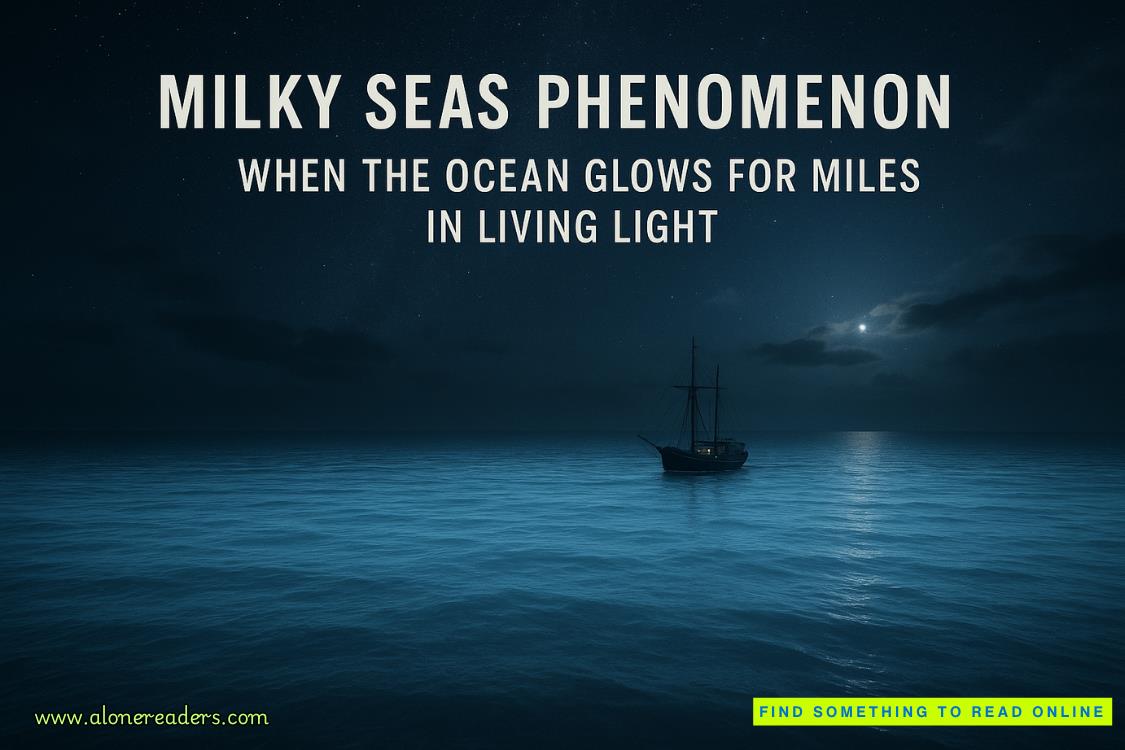Page 34 of Everfound (Skinjacker 3)
“I see things, and I don’t care if no one believes me!” he would yell in frustration. And, of course, no one did believe him. No one wanted to hear the ravings of a lunatic—much less the ravings of a burn-scarred lunatic. They just wanted him to go away. So the world forgot he was a hero, and instead labeled him a public nuisance.
For many years he wandered from city to city, state to state, looking for all the things he might see with his dead eye. He lived anywhere he didn’t get thrown out of, which meant he never lived anywhere for long. Mostly he lived out in the open, everywhere from city streets, to country fields, trying to make sense of his visions—hoping that one day it would all fit together and he’d know why he was cursed with this gift of vision.
Clarence was in Memphis the day the Union Avenue Bridge came crashing down.
With his right, living eye, he saw the explosions, and the collapsing bridge . . . but with his left eye he saw the ghost bridge now standing in its place, and the spirit train that rode across it, heading west.
Indeed, things were brewing in the half-dead world, and the only way to find out how bad the brew had become was to capture a spirit or two. If he could do that, maybe he could prove they existed. Maybe a special camera could photograph them. Anything to prove to the world that he was sane and they were blind.
He took up residence in an abandoned farmhouse that looked one storm short of surrender, a few miles west of the Mississippi. To Clarence’s dead eye, however, that farmhouse looked as fresh and fine as the day it was built. There he came up with a plan.
He built himself a trap made of brass bed frames that no longer existed, from homes that were washed away in a flood. To anyone watching, he knew he must have looked mad—dragging invisible bed frames, with invisible fingers, but how he appeared to the world was of no consequence now.
Then, using that same dead hand, he hinged the bed frames with powerful springs, so when the trap was sprung it would snap closed, trapping the evil spirit inside.
For bait he used a glazed ham that would have been someone’s Christmas dinner, had the delivery truck not hit a tree. The truck didn’t cross into the ghost-place, but some of the meals it carried did.
For weeks he waited in the farmhouse, watching his trap out in the fallow field between the house and the highway. He knew something was coming before it even arrived, because he smelled it. It was not an aroma from the living world, because his sense of smell was lost in the fire. It came from the ghost-place, pungent and strong. Clarence had to smile. He had forgotten how much he liked the scent of chocolate.
CHAPTER 9
Assaulting Gravity
The earth is roughly eight thousand miles in diameter. Its center is four thousand miles down. While the living world is not solid enough to hold a stationary Afterlight on its surface, neither is it soft enough to make a downward journey quick. Still, sinking slowly, over a period of many, many years is no one’s idea of fun.
Mikey McGill had been to the center of the earth, which, to an Afterlight, is no more hellish than waiting for one’s father to come home for supper . . . if supper wasn’t coming for a few billion years.
What had struck Mikey as the most annoying part of it was how everyone but he had developed a deep sense of contentment and peace. They had adapted to their situation, and had all come to love the waiting. Ask any soul who has sunk to the center, and they’ll tell you that, at least for now, there is no place they’d rather be.
Mikey, however, never got with the program. He never felt “one with the earth.” He never experienced the joy of Nirvana. The thought of patiently waiting until the end of time—or at least the end of the planet—was as unappealing to him as, oh, say, waiting for his father to come home for supper, which Mikey had actually found extremely hellish in life, because he never had any patience for anything.
There were those among the Centered Ones who believed that their very presence at the core is what allowed the planet to be a green, living thing, rather than just a rock hurtling through space—and that they were not lost to the living world, but a crucial part of the life cycle. Whether they were right or wrong didn’t matter to Mikey. He just didn’t want to be there. So he had decided to climb out.
Since strength in Everlost is determined by the power of one’s will, and since Mikey McGill was the most willful spirit ever to sink to the center of the earth, he was able to climb back to the surface. He didn’t just defy gravity, he assaulted it, and in so doing, became the only soul ever to return from the center. Of course when he emerged, he had transformed into the most heinous of monsters. He called himself the McGill, and struck fear into the hearts of Afterlights everywhere. Being the One True Monster of Everlost suited him for a while—but as much as his sister, Megan (better known as Mary Hightower), loved order and permanence, Mikey loved chaos and change. He couldn’t stay the McGill forever—and although he now possessed the remarkable skill of tweaking himself into whatever form of monster he desired, he found, for the most part, he preferred the form he started with: a boy with slightly unruly auburn hair, who, according to Allie the Outcast, was somewhat decent-looking.
Just as his love for Allie had saved him, however, it now threatened to doom him . . . because in those days and weeks after the collapse of the Union Avenue Bridge, while Allie was taken hostage on a train headed west, Mikey was, once again, on his way to the center of the earth. This time, someone else was sinking with him; an Afterlight once known as Nick, but now more accurately called the Chocolate Ogre.
It had been a calculated risk on Mikey’s part to try to travel beneath the Mississippi river, instead of facing the impassable wind—but he had to go after Allie. He had to rescue her, and this seemed the only way to do it.
The plan was to sink into the living world, move through the bedrock beneath the riverbed, then come up on the other side. He had managed something similar a few years back, diving into the earth on horseback, to rescue Allie from sinking.
This new challenge, however, had proven to be very different. Back when he saved Allie from the depths, he had more of the monster in him—a proud, arrogant fury that made it easier to assault gravity. But Mikey was not the monster he was. His time with Allie had left him far too human. Certainly he could tweak himself up a pair of spatula claws for hands, making it easier to move through the stone of the living world, but he had to face the fact that rising from the depths required more than that. It took willpower and a fury that raged hotter than the bowels of the earth. Mikey McGill certainly had willpower, but his love for Allie had taken the edge off of his fury.
And then there was the added burden of Nick. In the end Nick had become exactly what Mary said he would become. The small brown smudge on his mouth, left there from candy he was eating the moment he died, grew like a fungus until nothing was left of him but that chocolate.
He would have dissolved into nothing, had it not been for Mikey, whose skill at soul-tweaking extended beyond just the changing of his own form. Mikey took buckets of bittersweet spiritual fudge, and with more patience than he knew he had, Mikey had shaped it back into humanoid form.
But Nick was not the same.
He had only the faintest memory of who and what he was. He was like a small child, entirely dependent on Mikey, with no will of his own. He had truly become a Chocolate Ogre.
Still, knowing the risks, Mikey took them both down, letting them sink into the living world.
“I’m scared,” the Ogre had said with a gurgling cocoa-rich voice.
Mikey had sworn to him that it would all be okay, and the Ogre had trusted him. It had taken only a few minutes in the ground, and away from daylight, for Mikey to realize that the task might be beyond him.
“Move your arms!” Mikey had commanded as they sank deeper and deeper. “Kick your legs like you’re swimming.”















